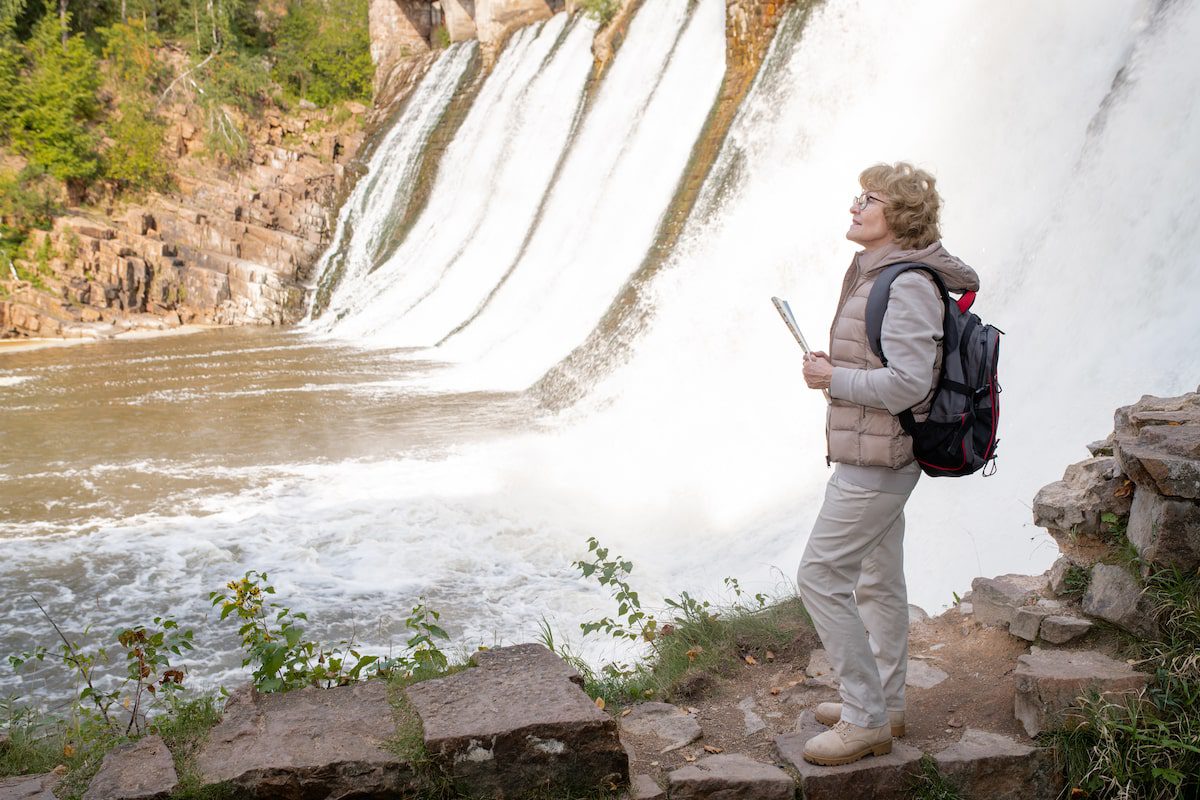When Something Goes Wrong: What to Do if You’re Injured While Travelling
Anything can happen on a vacation. Here are some first-hand tips for women to plan for an unexpected injury.
The post When Something Goes Wrong: What to Do if You’re Injured While Travelling appeared first on JourneyWoman.

2. Always have a way to reach help
Always, always have your cell phone at arm’s length (or an Apple Watch that can make calls) and always have it charged. Falling in the shower and having your phone in the bedroom doesn’t help, or having it in your pocket but about to lose power is also a losing plan. Before I travel, I always ensure I have the correct plug adapter for the country I am visiting, and I also take a backup charger such as this one from IWalk.
3. Have a lifeline to a knowledgeable local
In my case, our villa had a manager/concierge/driver who was always available by phone or WhatsApp and usually within 20 minutes in person. I would hate to think what my sister and I would have done if we were in an Airbnb with an off-site owner (sometimes the owner is not even in the same country and only employs a cleaning crew between guests). You need access to a person who knows the local medical centers and where to take you if you are ill or have an accident. In my case, we were blessed with the most caring man who knew what to do and was kind and encouraging throughout.
As a backup, your travel insurance 24-hour hotline number is supposed to be able to locate the nearest doctor or hospital, no matter where you are.
However, you should know that in the event of a serious condition like a heart attack or car accident, the number to call for an ambulance in the EU is 112. Most countries also have a 911 equivalent that works; for instance, in the United Kingdom, you’d dial 999 (source: Rick Steves). It might be worth it to learn these numbers ahead of time.
If you are travelling solo but joining a group tour, your well-being is your tour leader’s job from sun up to sun down, whether you are driving around visiting the sights or having an emergency. I have witnessed tour leaders performing this function with expertise in Africa and Morocco, where I was on small group tours.
4. Make sure you have access to plenty of money
In my case, I got excellent care from a well-known and experienced orthopedic surgeon, but being in a private clinic, it was a “pay on check-out” arrangement. I would settle up with insurance later.
The bill was in the $20,000 range, and it cleaned out my credit on my cards. I had maintained a high credit limit on American Express in case of emergencies, but many places in Europe do not take that card. Nothing makes you feel more vulnerable than being far from home and wondering if you can access the money you need. I had never thought I would need access to more than a few hundred dollars for dinners, excursions, and souvenirs! This was eye-opening.



